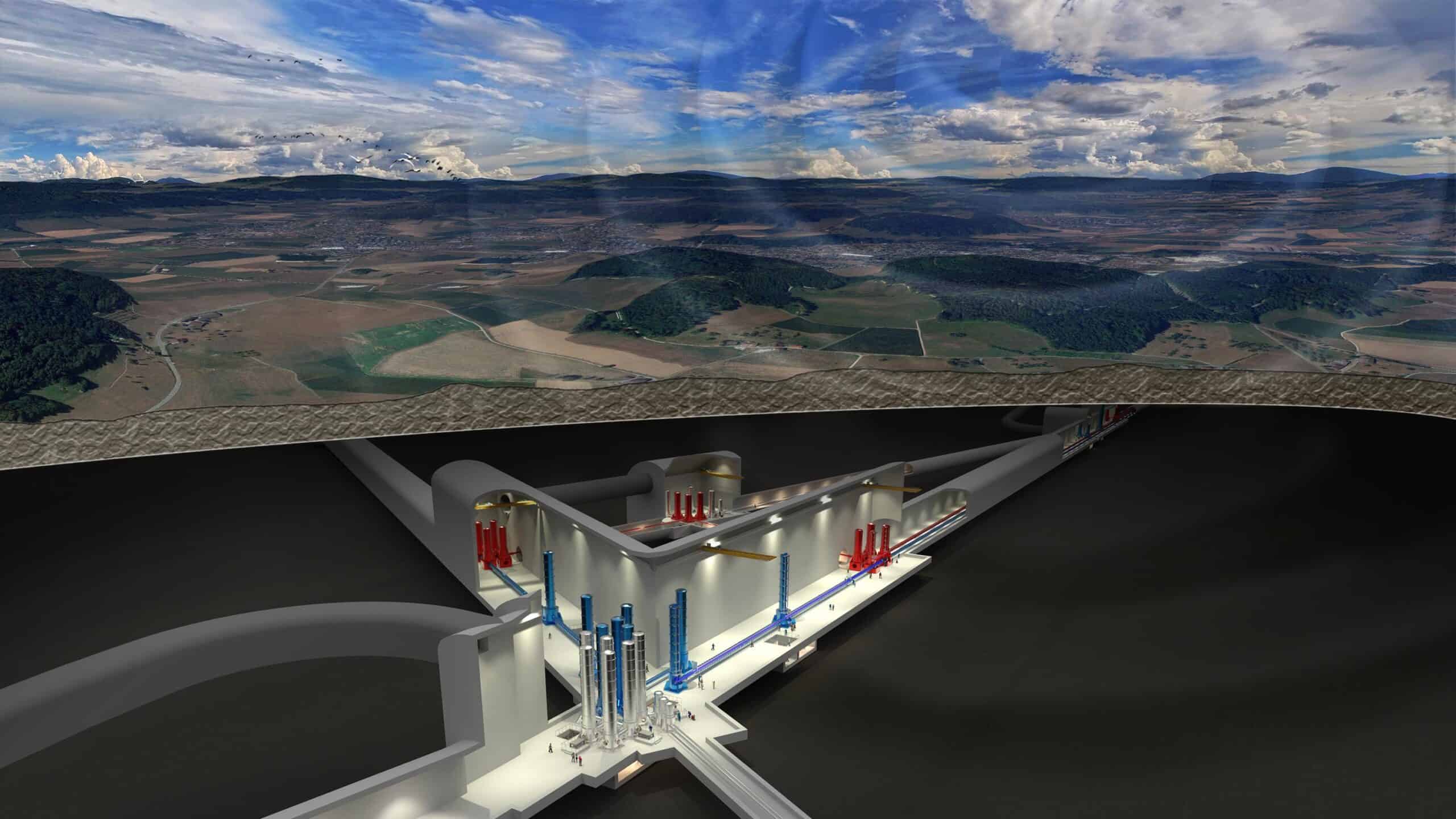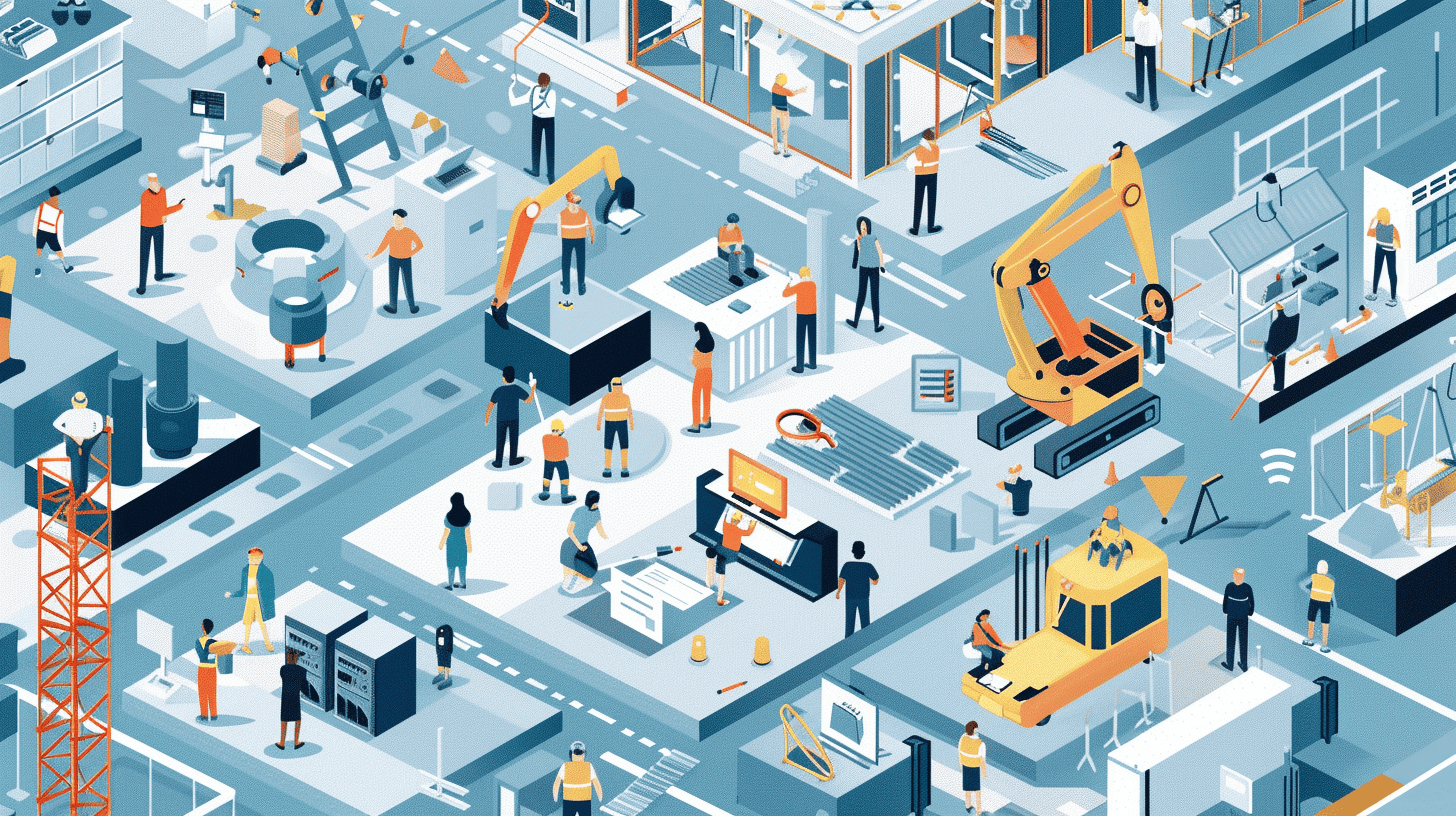
A consortium of nine partners is joining forces to boost the development of clean hydrogen innovation, demonstration, and knowledge sharing in the Euregion Meuse-Rhine, as a first step toward the large-scale roll-out of a clean hydrogen economy. The working area of the EMR H2 Booster consortium consists of Dutch and Flemish Limburg, the Aachen region, and Liège. Through cross-border cooperation at this level, the project partners aim to facilitate the accelerated emergence of a hydrogen economy in the area. The consortium held its kick-off event today at the Maastricht provincial house.
The consortium comprises regional development agencies, hydrogen cluster organizations, and a knowledge institute, thereby combining ample experience in the hydrogen sector with knowledge of local Small and Medium-Sized Enterprises (SMEs).
Within the EMR H2 Booster, the partners will work on four main workstreams. Firstly, they will perform a mapping exercise of plans, roadmaps, visions, views, R&D activities, industrial players, and competencies within the region. These will then be integrated into an online platform (the Digital Innovation Platform). Based on the gathered insights, focused matchmaking sessions will be organized for SMEs in the region (workstream two). In this second workstream, several ’cases’ will be defined and elaborated on further.

The ‘cases’ comprise consortia of SMEs and other partners that have the ambition to work together on real hydrogen implementations. Throughout the project, they will receive the support they need to take the next steps towards realization. Four large events will be organized in the third workstream, one in each region. These will consist of inspiration and demonstrations sessions and workshops on specific themes. On the one hand, these events will enhance the knowledge of the SMEs involved in the cases. On the other hand, they will also function as an inspiration for SMEs still at an earlier stage of involvement in the hydrogen sector. A separate fourth workstream will prepare a long term roadmap for the region and work on the definition of a long-term governance structure and business model of the EMR H2 Booster beyond the project’s timespan.

Financing
The EMR H2 Booster project has received funding from the Interreg Euregio Meuse-Rhine program. This program receives support from the European Union’s ERDF. In addition, several of the partners receive co-financing from local governments, including the Dutch province of Limburg, the Dutch province of Noord-Brabant, the Dutch ministry of Economic and Climate Policy, the Walloon Government, and the German state government of North Rhine-Westphalia. The project duration is 18 months.
The partners in the project are Stadt Aachen, LIOF, POM Limburg, Cluster TWEED, SPI, IHK Aachen, Universiteit Hasselt, Waterstof Coalitie Limburg and WaterstofNet who coordinates the project. As an associated partner Regio Parkstad supports the project.








